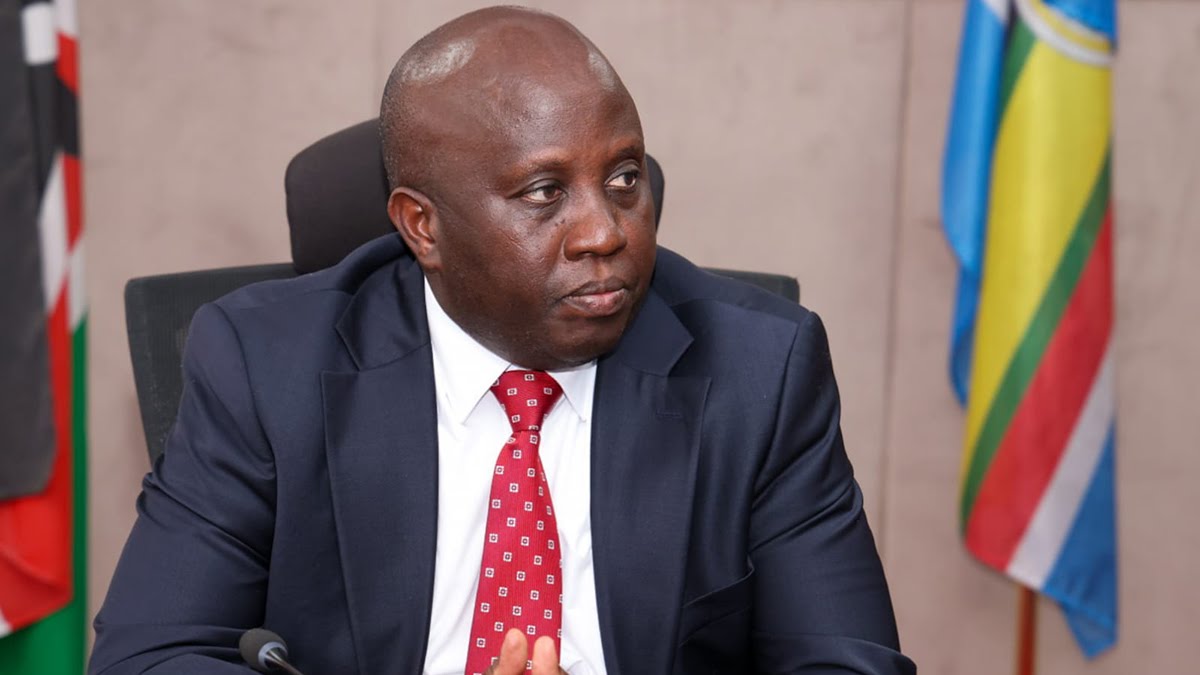Kenya’s ICT Sector Working Group (SWG) has submitted a landmark report to the Ministry of Information, Communications, and the Digital Economy, marking the first major reform effort since 1998. The report, presented to Cabinet Secretary Margaret Ndung’u, outlines critical policy and legislative recommendations to align Kenya’s ICT environment with current global trends.
Established in September 2023, the SWG reviewed the country’s existing policy, legislative, institutional, and operational frameworks and proposed sweeping reforms across key ICT sectors. By adopting the SWG’s recommendations, the government seeks to drive innovation, enhance skills development, fortify cybersecurity measures, and strengthen digital infrastructure.
Read also: Kenyan startup boosts literacy and numeracy with e-learning
John Tanui, Principal Secretary of the State Department for ICT and the Digital Economy emphasized the timeliness of the report. “The last major reforms were made over two decades ago, and while there have been several amendments since then, comprehensive changes have been long overdue,” Tanui said. He pointed out that the rapid evolution of the ICT landscape has made sectoral reforms imperative to maintain global competitiveness.
In response to the SWG recommendations, the Ministry will establish a Multi-Stakeholder Project Coordination and Delivery Unit and a high-level governance framework to oversee the implementation of the reforms. This move is expected to improve coordination and accelerate the transformation of Kenya’s ICT ecosystem.
Additionally, the Ministry has introduced several new ICT Directorates to address emerging challenges in the sector and announced the establishment of a Continental Centre of Excellence to upskill public service professionals in the digital economy.
Partnerships for Growth: Kenya’s Digital Future
The presentation of the SWG report follows a series of high-level engagements between the Kenyan government and international stakeholders. Cabinet Secretary Ndung’u recently met with a World Bank delegation led by ICT Policy Specialist Tim Kelly to discuss the Kenya Digital Economy Acceleration Program (KDEAP). The program is set to advance e-government initiatives, enhance digital infrastructure, and promote the development of digital skills within the public sector.
Legislation and Investments: A New Era for Kenya’s ICT Sector
A major legislative development on the horizon is the ICT Authority Bill 2024, which, if passed, will require ICT operators to obtain operational licenses. This is expected to streamline ICT service delivery and ensure regulatory compliance across the industry.
Read also: 11th Africa Fintech Summit kicks off in Kenya
In parallel, Kenya’s digital connectivity and e-mobility sectors have experienced a significant boost, with $250 million in funding from the US International Development Finance Corporation (DFC) announced in May 2024. Global tech giants like Google and Microsoft have also committed to the nation’s digital future, with Google signing a Statement of Collaboration with the Ministry to support cybersecurity, AI, and digital upskilling initiatives. In partnership with G42, Microsoft has earmarked $1 billion for digital investments, signalling strong international support for Kenya’s ICT growth trajectory.
Next Steps: Implementing the Vision
As Kenya’s ICT sector gears up for transformative change, the government focuses on ensuring reforms are implemented swiftly and effectively. The newly adopted project governance framework will be crucial in maintaining momentum as the Ministry aims to harness these reforms for national growth, economic diversification, and global leadership in the digital economy.
















